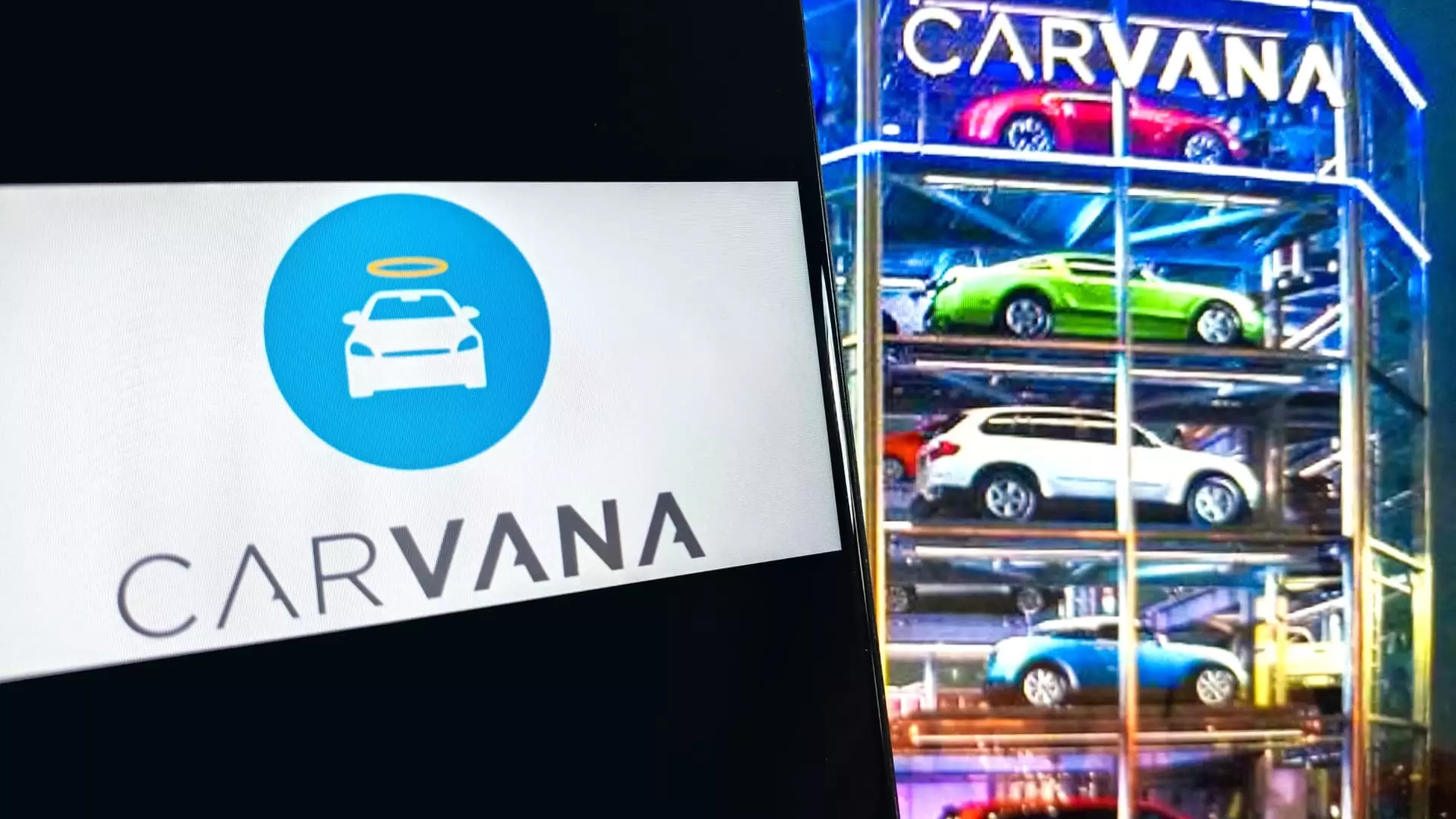Hindenburg Research, a prominent short-selling firm, has turned the spotlight on Carvana, an online platform for used-car sales. The firm raised troubling questions about the integrity of Carvana’s financial health, labeling its recent operational recovery a mere “mirage.” According to Hindenburg, this façade is buoyed by questionable financial practices, particularly concerning loan sales and alleged accounting irregularities linked to the relationship between Carvana’s CEO, Ernie Garcia III, and his father, Ernest Garcia II, who also holds a significant stake in the company.
Their recent report suggests that Carvana’s purported financial revival could be hiding underlying issues. After witnessing a staggering 400% increase in stock value throughout 2023—attributed to a concerted effort to reduce costs and improve operational efficiency—Hindenburg argues that this uptick comes at the expense of transparency and sound fiscal practices.
According to Hindenburg, Carvana has engaged in questionable practices concerning approximately $800 million in loan sales to what they suspect is an undisclosed affiliate linked to the Garcia family. The research firm posits that these transactions are not merely benign business maneuvers but rather an effort to inflate income figures through dubious accounting methods. This claim raises serious concerns about the integrity of Carvana’s financial reports, especially in the context of its ongoing attempts to regain investor confidence.
Notably, the report highlights how Carvana is allegedly using loan extensions as a tactic to mask rising delinquency rates. By granting extensions on loans—managed by a subsidiary of DriveTime, a company owned by Garcia II—Carvana may be strategically obscuring its true financial state. Such actions, if proven true, could indicate a fragile business model reliant on short-term illusions rather than enduring profitability.
The scrutiny surrounding the Garcia family’s management of Carvana is not a new phenomenon. Investors have previously raised alarms, with several lawsuits accusing the Garcias of orchestrating a “pump-and-dump” strategy to enrich themselves financially at the expense of shareholders. The deep-rooted connections between Carvana and DriveTime add another layer of complexity to the unfolding narrative, particularly given Garcia II’s controversial history that includes a felony conviction related to a banking scandal in the early 1990s.
Carvana, which transitioned into public markets in 2017 after breaking away from DriveTime, remains intertwined with its parent company. Not only does Carvana depend on DriveTime for servicing and collecting car finance loans, but both entities also engage in business transactions that blur the lines of independence and transparency.
As Hindenburg Research’s allegations circulate, they serve as a stark reminder of the challenges that innovative companies like Carvana face amidst rapid growth and market pressure. Investors must navigate these turbulent waters carefully, as the interplay between expansion ambitions and ethical governance can significantly impact long-term success. With substantial financial claims and familial ties underpinning the scrutiny, the future trajectory of Carvana could hinge on the resolution of these serious concerns.

